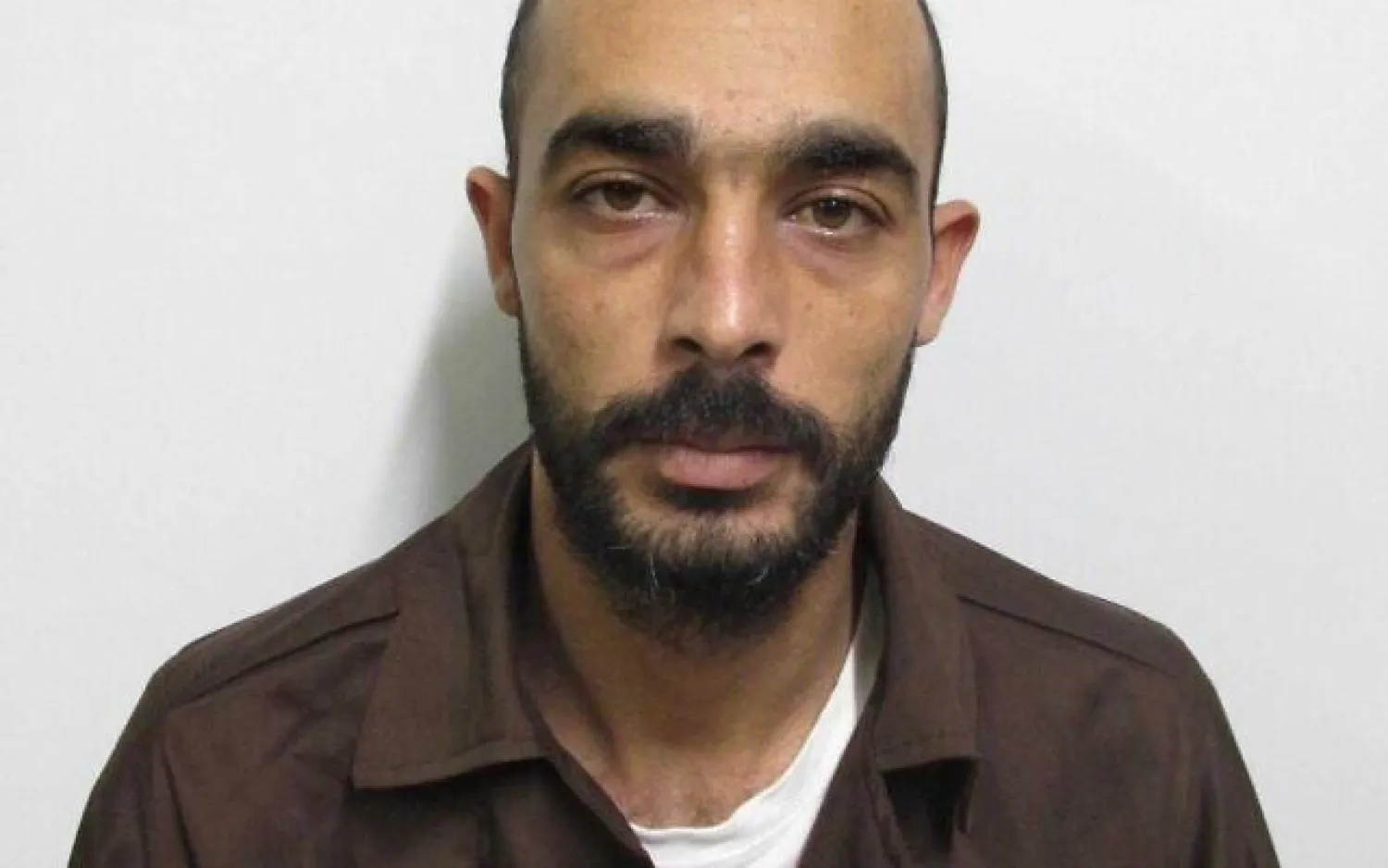Israeli security services have accused Hamas Movement in the Gaza Strip of resuming bombings in cities of the central region as well as settlements, claiming it “plans to escalate.”
Many collaborators with Hamas had been arrested in the past year before carrying out their operations, an Israeli official said on Monday.
He expected that the movement would have recruited a number of Palestinians in the West Bank and even residents of Israel (Palestinians 48) for this purpose.
According to the official, Hamas aims to take advantage of the cessation of security coordination between the Israeli army and the Palestinian security services.
Besides seeking to raise issues that cover its failures in dealing with the economic and health crisis in the Strip, Hamas is also trying to prove its presence as an essential element for negotiations with Israel to reach a long-term ceasefire.
On Monday, Israel’s Security Agency (Shin Bet) announced the arrest of nine Palestinian citizens in Israel, who reside in the Bedouin town of Shaqib al-Salam, and claimed they were a Hamas-affiliated cell that was planning to detonate an explosive device at Bilu Junction in the south.
Mahmoud Maqdad, 30, was arrested on August 15 after he regretted his approval to carry out the operation and detonated the device in a remote area to get rid of it.
During interrogations, he revealed that Hamas seeks to recruit other people from Israel and the West Bank to carry out operations.
Indictments on serious security offenses would be filed against Mahmoud and Ahmad Maqdad at the Beersheba District Court, while the others are expected to receive simple charges.
Maqad is originally from Rafah and lives there with his wife and children. Yet, he worked in Israel and married a second woman from the Negev, so he started moving freely between Gaza Strip and Israel through the Israeli Beit Hanoun (Erez) border crossing.
According to the Shin Bet, Hamas took advantage of his situation and recruited him through its Izz el-Deen al-Qassam Brigades in late 2019.
In the beginning, they requested him to provide them with information and pictures about the missile defense system (Iron Dome) in the southern region of the country, as well as several military areas.
Then, he received training on how to disassemble and install the explosive device and plant it in the appropriate place, and how to activate and detonate it.
Mahmoud informed his family members and acquaintances about this secret and recruited nine of them, mainly from Shaqib al-Salam.
The Shin Bet said they are all considered accomplices and accused some of them of either knowing about or helping to plan the attack.









